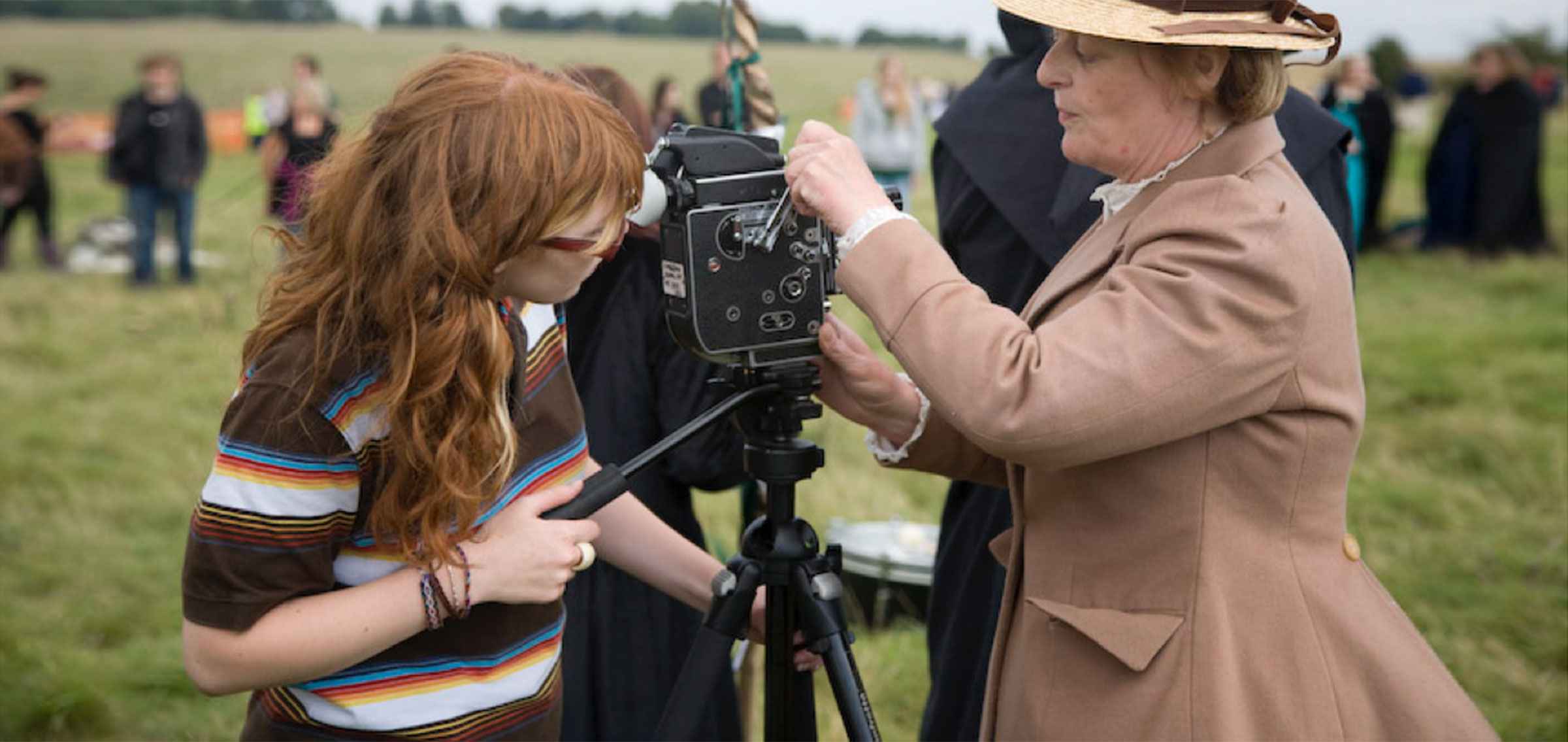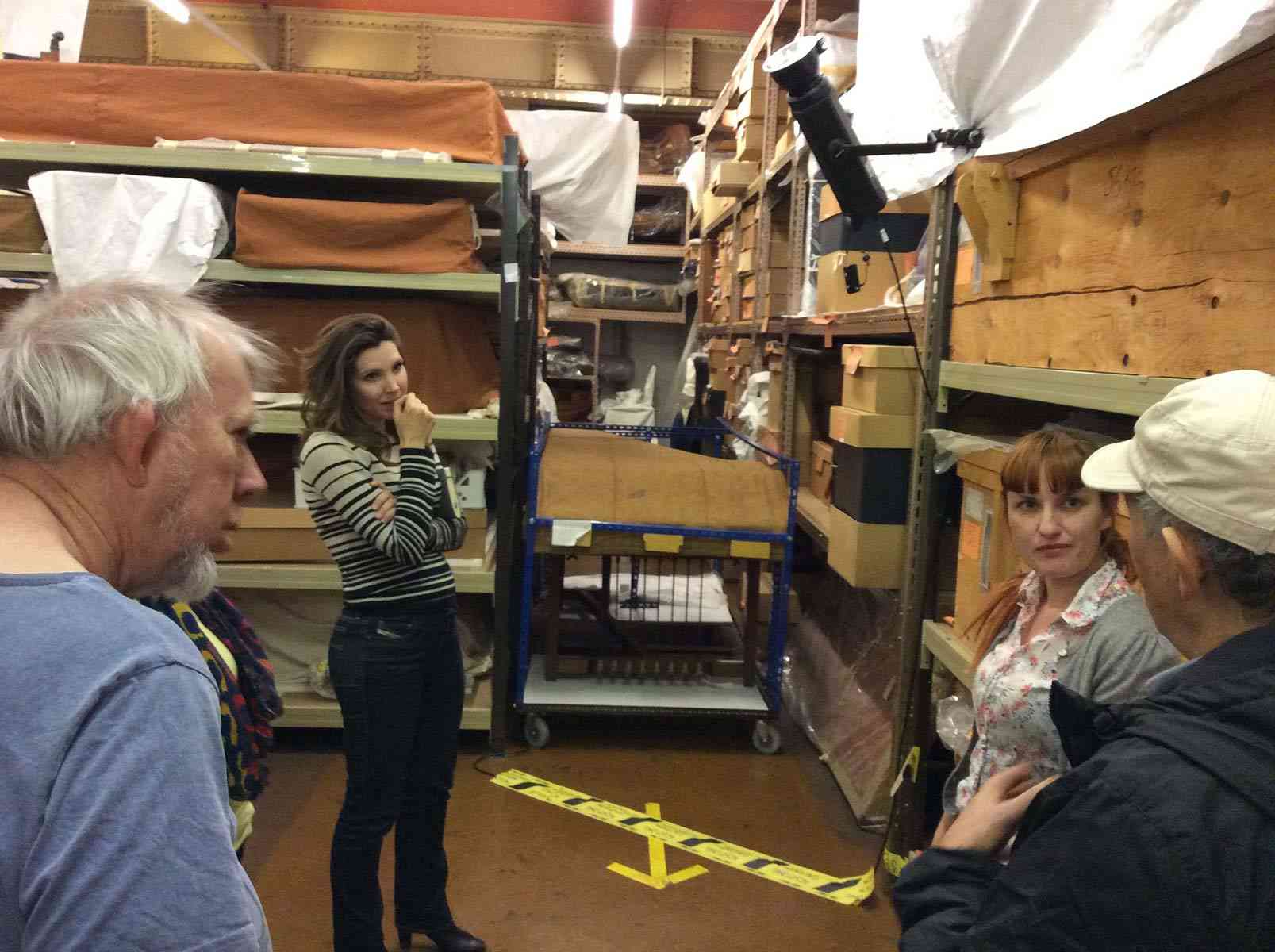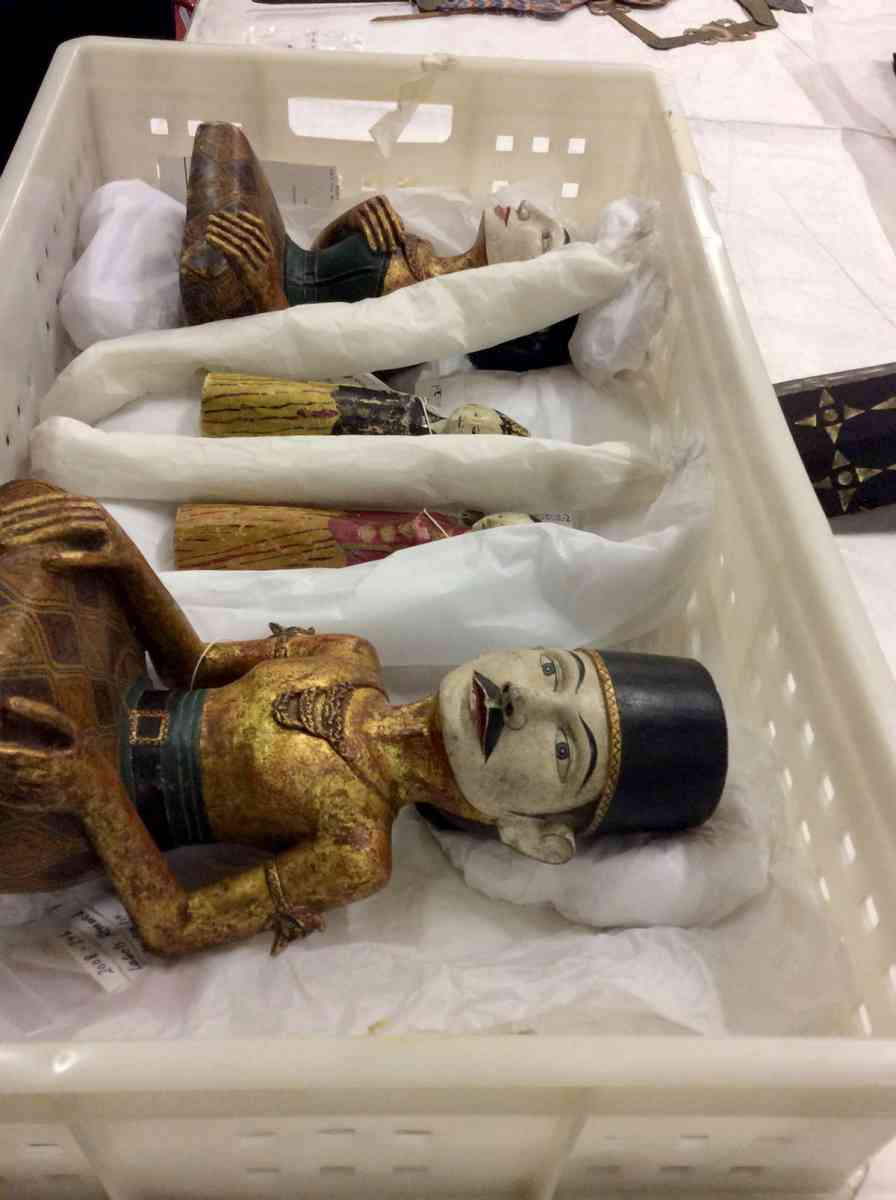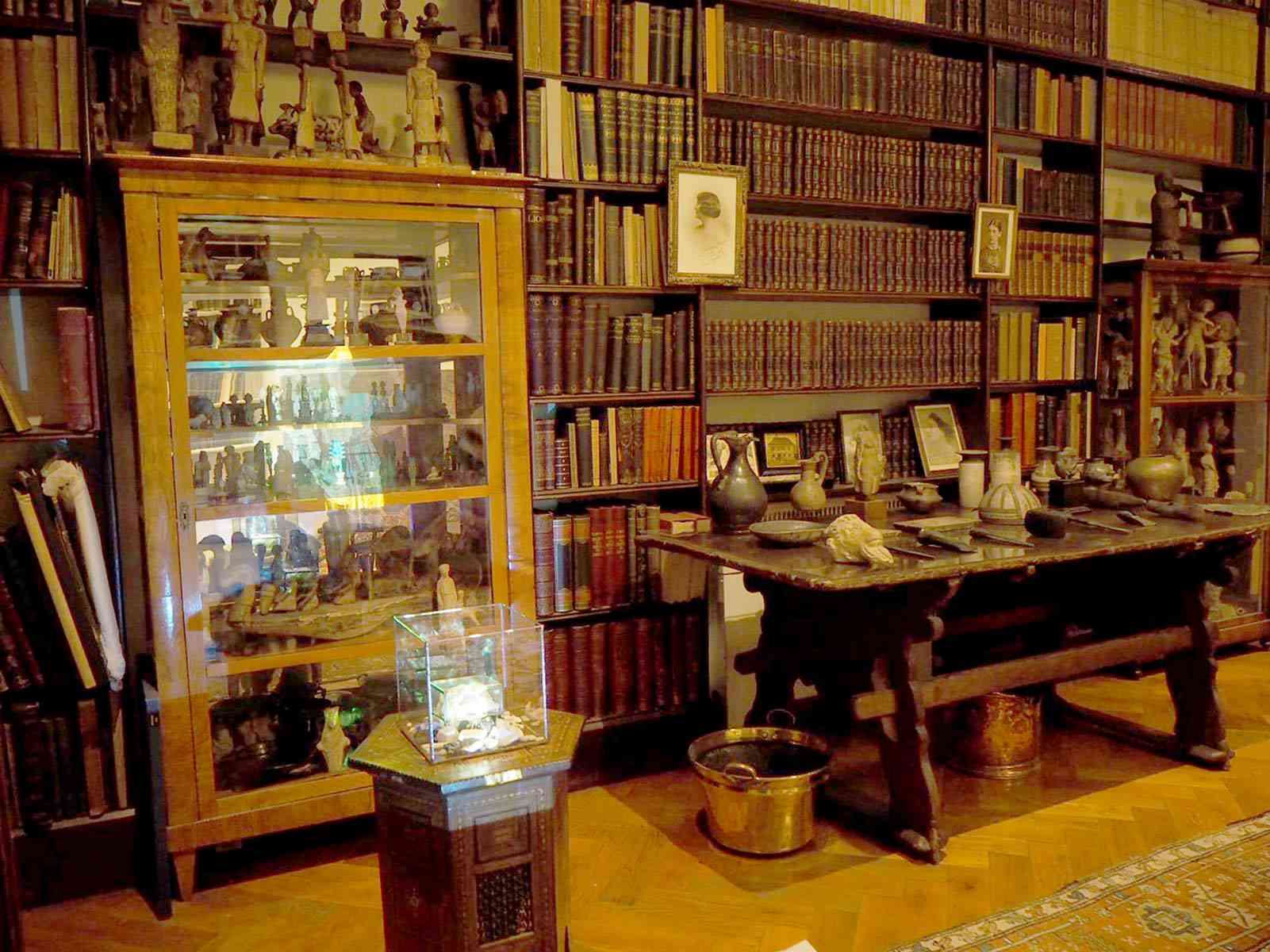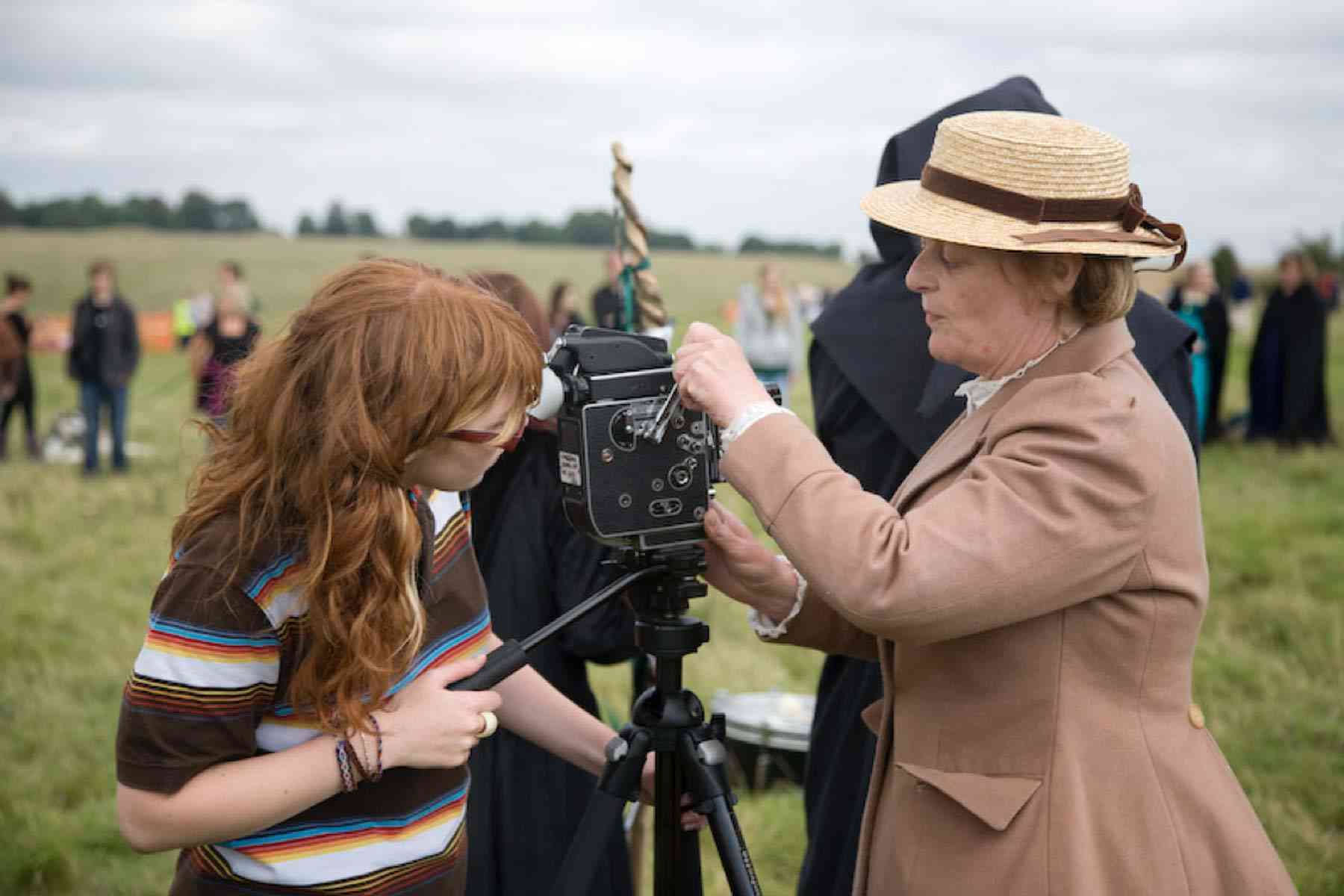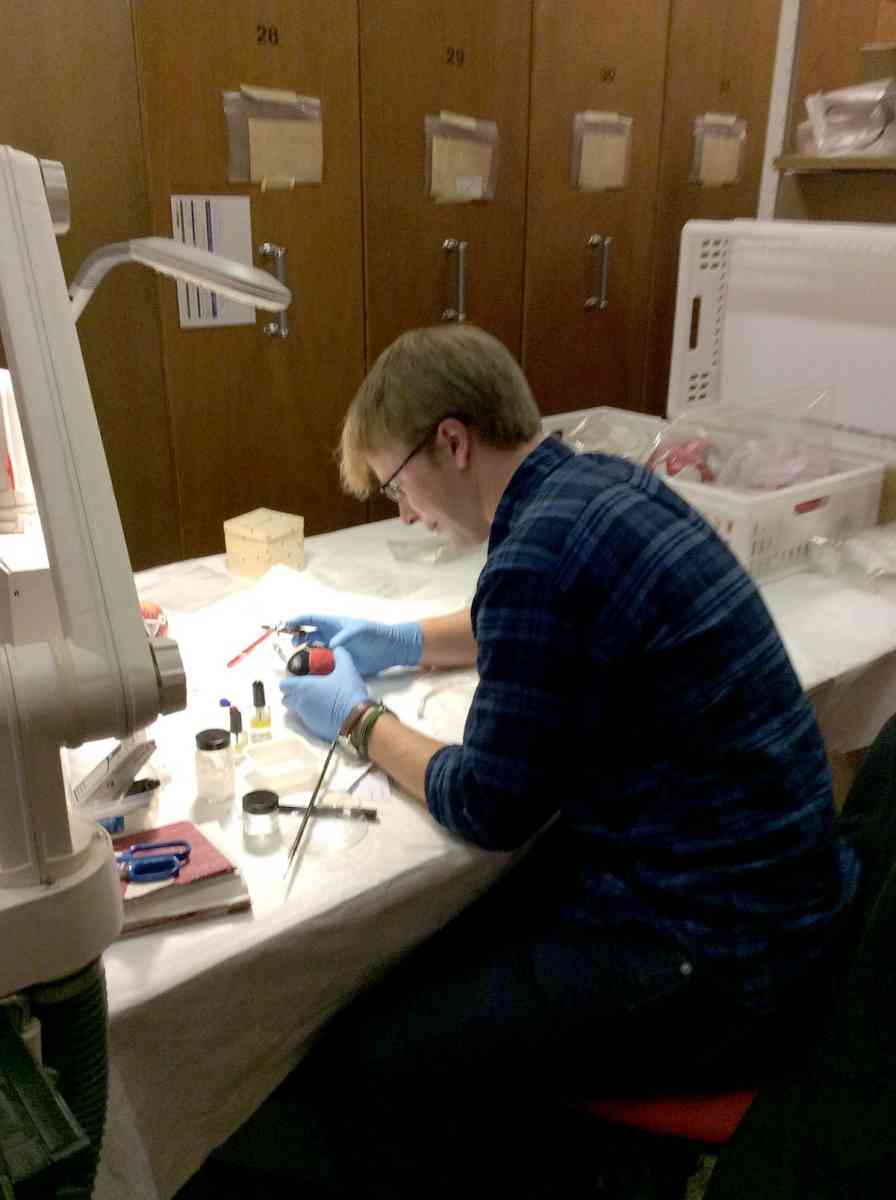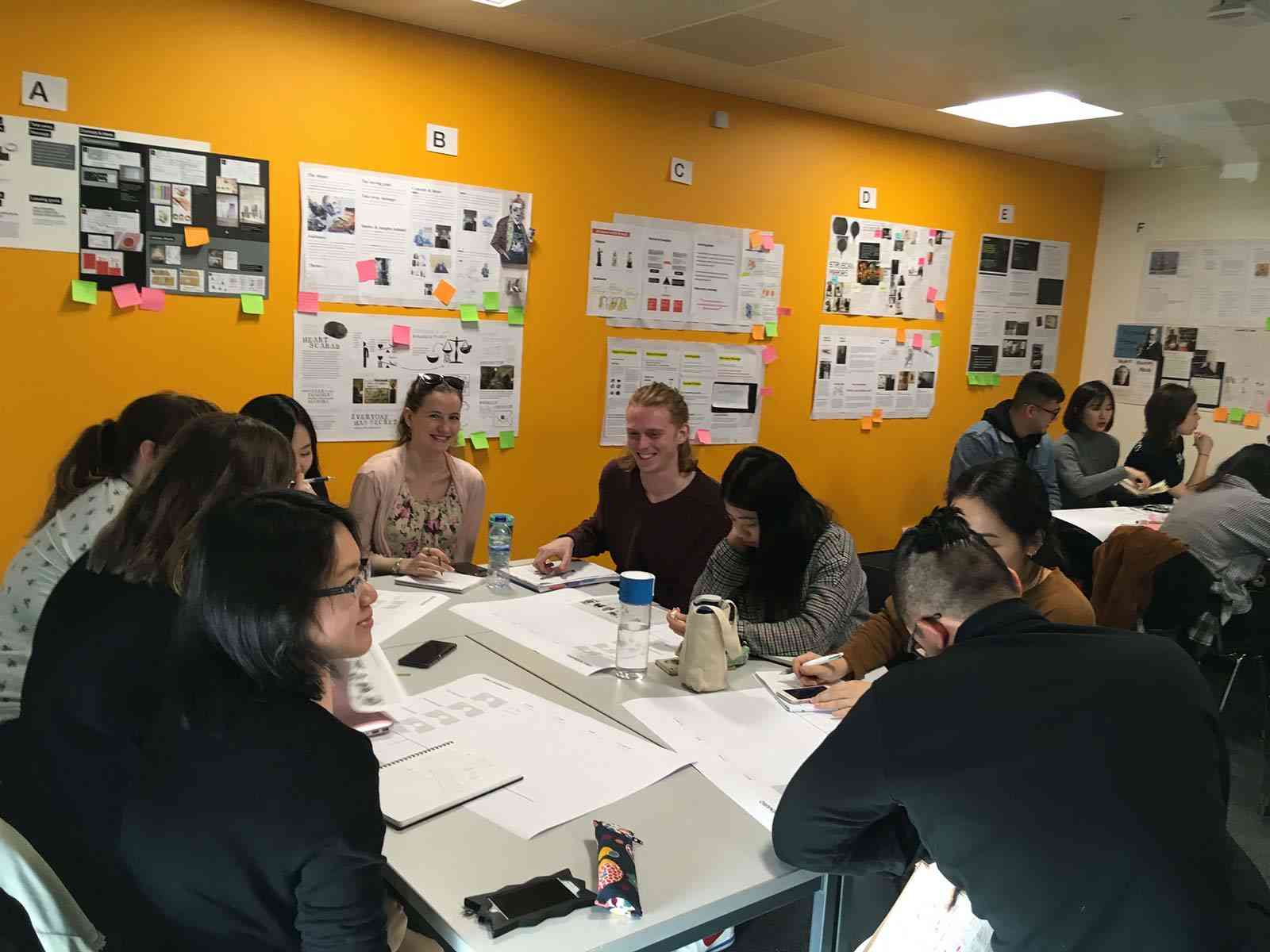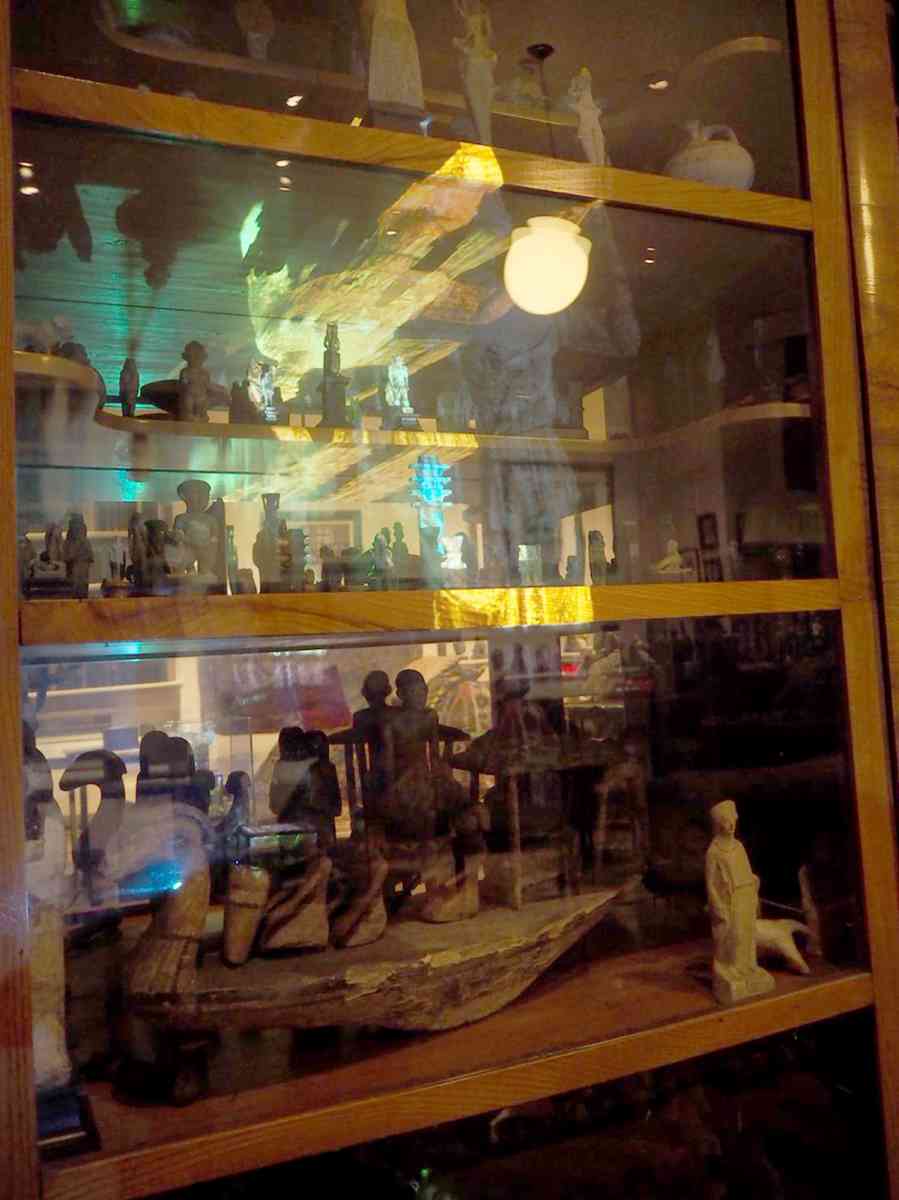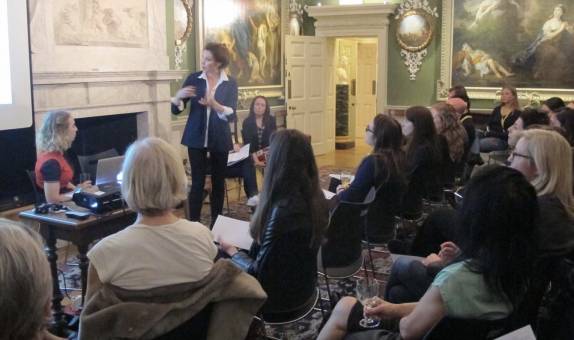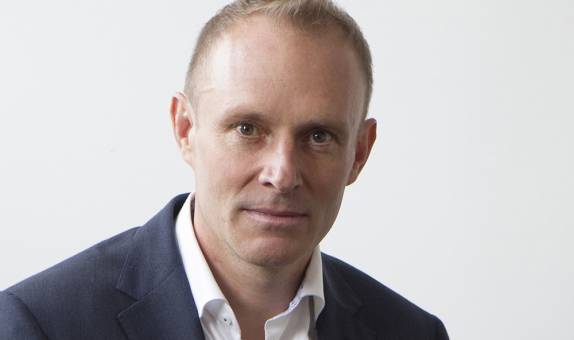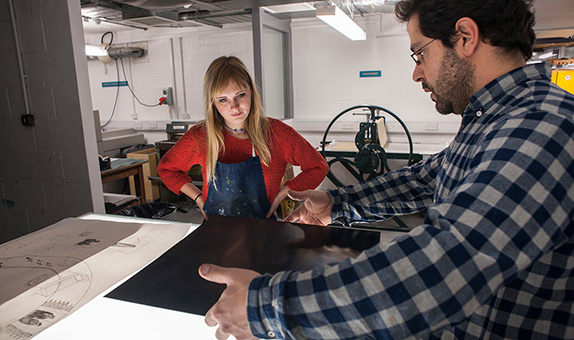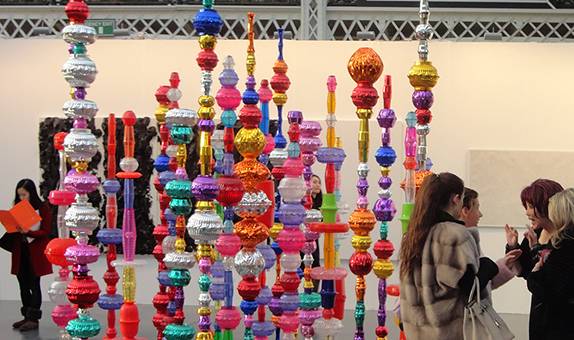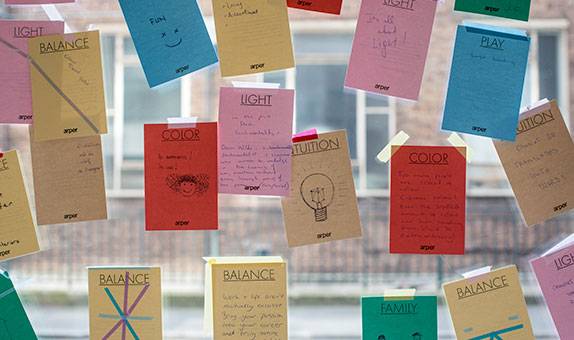Museum and Gallery Studies MA
Why choose this course?
Work alongside professionals in museums and galleries within our dynamic, critically-informed programme to enhance your curatorial portfolio.
Our students explore contemporary issues and practices through experience of collections, institutions, exhibitions and audiences. Students access our annual awards in Community Engagement and Outstanding Creative Practice.
Bespoke research projects empower everyone to pursue individual interests at the cutting-edge of creative practice in this vibrant and rewarding area of study.
| Mode | Duration | Attendance | Start date |
|---|---|---|---|
| Full time | 1 year | 2 days a week | September 2024 |
| Full time | 2 years including professional placement | 2 days a week, plus placement year | September 2024 |
| Part time | 2 years | 1 day a week | September 2024 |
| Main location | Kingston School of Art, Knights Park |
Reasons to choose Kingston University
- Live projects developed in partnership with sector-leading institutions such as the Museum of London, National Maritime Museum, V&A, Estorick Collection, and the Freud Museum, London.
- Participate in new exhibitions, cultural programming, and community development. For example, our work contributed to a nomination for the Art Fund's Museum of the Year award, the biggest prize in the UK museum world.
- Kingston University's Dorich House Museum and Stanley Picker Gallery, offer exciting opportunities for career progression.
Discover Museum and Gallery Studies
On this course you'll re-imagine the relationships between academy and profession, exploring the implications and applications of this approach to accepted ideas of academic museum studies and museum practice.
This degree engages across artistic, urban planning, architectural and design practices as offering alternative creative approaches to museum study and practice. Our genuinely interdisciplinary approach to creative practice is one of the unique features of our curriculum.
We aim to offer a more sustainable place-based approach to our understandings of museums, museum practices and their academic study, and further open the museum up to the world in an ethical engagement towards more-than-institutional futures.
The Art School Experience
As part of Kingston School of Art, students on this course benefit from joining a creative community where collaborative working and critical practice are encouraged.
Our workshops and studios are open to all disciplines, enabling students and staff to work together, share ideas and explore multi-disciplinary making.

What you will study
The course examines contemporary issues and practices, including those relating to collections management, interpretation, audiences and exhibition. You will study taught modules covering critical analysis and creative practice, and conduct research around the broad themes and subjects addressed by each module. As well as working with our own in-house museums, Stanley Picker Gallery and Dorich House Museum, we work with four external institutions each year to develop real-world museum projects.
You'll take five core modules, working on live projects with our partners. Four of the modules are worth 30 academic credits each and the major project is worth 60. The course totals 180 credits.
Students can choose to complete a professional placement by opting to study for an additional year. This is not a compulsory part of the course which can be completed either with the placement year or as a single year.
Year 1
Optional placement year
You will study a series of taught modules that are concerned with issues of critical theory and analysis, research methodologies and creative practice. You will be expected to conduct research around the broad themes and subjects addressed by each module. This research will allow you to tailor your own path of study according to your particular interests and future aspirations.
Core modules
Ideas and Institutions
30 credits
As sites of continuous research and communication, museums and galleries are never complete. They are always found in the process of being made and re-made; ideas and things in the process of arrangement. This module establishes a progressive interdisciplinary framework for critically and creatively exploring museums and galleries as ideas and institutions based on creative, practice-based approaches to their making.
Learning and Experience
30 credits
Experience is central to the performance of public museums, galleries and heritage sites, and to our understanding of them as complex learning environments. This module provides a stimulating and engaging context within which to explore learning and experience as a series of critical and creative practices. Museums, galleries and heritage sites are conceived and operated by a range of governmental and non-governmental agencies, organisations and institutions, by individuals and communities, often by a visiting and participating public, and in an enormously diverse range of social and spatial contexts. In this module, students explore and apply different approaches to learning by constructing an experience for visitors within and through a specific institution or site.
Exhibition and Encounter
30 credits
A predominantly rational, ordered approach to exhibition has been central to the conception of museums and galleries. This module introduces new ways to analyse and engage with the idea of display through an emphasis on exhibition as a more open and less didactic space of encounter and association, focussed on an ongoing re-imagining of display and exhibition through invention and experimentation. Extending our understandings of display, this module also explores creative approaches to the performance of heritage by engaging with experimental practices and forms of interpretation, expression and communication.
The Challenge of Change
30 credits
Museums, galleries and heritage are more than physical, immobile landmarks in the landscape; they are ongoing, place-based processes crafted from diverse and often dissonant human and non-human materials, sites, identities and narratives. Because of this they are constantly open to change. They change due to debates from within the field and a variety of drivers and pressures from outside. In many ways change, and meeting the challenge of change, lies at the very heart of ongoing questions of sustainability, relevance and innovation in the field. This module explores museum and heritage futures, locating development within a more progressive, expanded sense of policy and place. Social, economic, and legislative concerns pertinent to the field are some of the key themes developed here.
Major Project
60 credits
The Major Project is the capstone module of the Masters programme. Focusing on critical research, analysis, and presentation, the capstone project enables students to synthesise and apply the knowledge and skills they have acquired throughout the course. The module provides students with an extensive programme of training and resources which are designed to aid them in the development, planning, research, and writing of their projects. It brings together students from several MA programmes in the School of Critical Studies and Creative Industries and embeds a range of interdisciplinary and practice-led approaches to their respective fields of study. It provides students with the opportunity to craft their own approach to their field through critical-theoretical and/or creative, practice-based research. The Major Project can accommodate research projects developed through a range of academic and professional contexts depending on the motivation and interests of the student. It can be presented either as a written dissertation or as a creative project, such as a portfolio comprising a chosen medium or media, accompanied by a critical commentary. The intensity of the workload increases across the three teaching blocks, allowing increasing focus in line with the level of your expertise.
Many postgraduate courses at Kingston University allow students to do a 12-month work placement as part of their course. The responsibility for finding the work placement is with the student; we cannot guarantee the work placement, just the opportunity to undertake it. As the work placement is an assessed part of the course, it is covered by a student's Student Route visa.
Find out more about the postgraduate work placement scheme.
Core modules
Professional Placement
120 credits
The Professional Placement module is a core module for those students following a masters programme that incorporates professional placement learning, following completion of 120 credits. It provides you with the opportunity to apply your knowledge and skills to an appropriate working environment, and to develop and enhance key employability skills and subject-specific professional skills in your chosen subject. You may wish to use the placement experience as a platform for your subsequent major project module, and would be expected to use it to help inform your decisions about future careers.
Image gallery
Entry requirements
Teaching and assessment
You will be taught and assessed through essays, project work, portfolio, and a dissertation (12,000–15,000 words) or creative project (5,000 words and a piece of critically-informed creative practice). The course involves regular guided tours of museums and galleries across London. Students will need to pay for travel within London travel zones. There may also be optional extra visits to museums and galleries outside of London.
Who teaches this course?
This course is delivered by Kingston School of Art, a highly creative and energetic environment that directly informs the programme and its teaching.
Key staff are responsible for leading individual course components. Their teaching is supplemented by a wide range of practitioners from our collaborating institutions, including curatorial, public engagement, learning, marketing, design, exhibitions, digital, research, management and archives.
Postgraduate students may also contribute to the teaching of seminars under the supervision of the module leader.
What our graduates say
Fees for this course
Additional costs
Depending on the programme of study, there may be extra costs that are not covered by tuition fees which students will need to consider when planning their studies. Tuition fees cover the cost of your teaching, assessment and operating University facilities such as the library, access to shared IT equipment and other support services. Accommodation and living costs are not included in our fees.
Where a course has additional expenses, we make every effort to highlight them. These may include optional field trips, materials (e.g. art, design, engineering), security checks such as DBS, uniforms, specialist clothing or professional memberships.
Facilities
Knights Park campus is situated on the Hogsmill River, with a restaurant and bar opening on to the waterside. The relatively small campus has a friendly, creative feel and includes a reception area with a gallery, art shop and the light and airy open-plan library.
After you graduate
Our graduates work in museums and galleries in London and across the world, including Tate Gallery, British Museum, National Gallery, Victoria and Albert Museum, Saudi Art Council and National Folk Museum of Korea.
Students have also progressed onto PhD studies at University College London, Sheffield Hallam University and Royal Holloway, University of London.
Links with business and industry
Several of the modules on this course are developed and assessed in partnership with museums, galleries and other practitioners. This will include visiting lecturers who are leading practitioners in their field.
Previous partner institutions for this course have included Brooklands Museum, English Heritage, the Royal Borough of Kingston upon Thames, the Salisbury Museum, the Museum of Futures, the Museum of London, the National Maritime Museum, Turner's House and the V&A.
Research areas
All staff and student researchers in the faculty are part of a research centre. They engage both with collaborative and individual projects and with local, national and international research events, including workshops, seminars, visiting lecture series, conferences and symposia.
Museum and gallery study is located within the interdisciplinary Visual and Material Culture Research Centre. The Centre enables academics, emerging scholars, and students to conduct research in a stimulating and collegiate environment that actively seeks to shape the future of visual and material culture as field of inquiry. The Centre is committed to the continuing development of a wide range of interdisciplinary research methods and activities. It provides an intellectual infrastructure through which researchers engage with both individual and collaborative projects.
Find out more about research in Kingston School of Art.
Course changes and regulations
The information on this page reflects the currently intended course structure and module details. To improve your student experience and the quality of your degree, we may review and change the material information of this course. Course changes explained.
Programme Specifications for the course are published ahead of each academic year.
Regulations governing this course can be found on our website.
